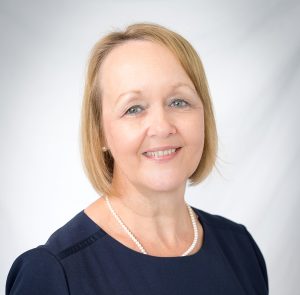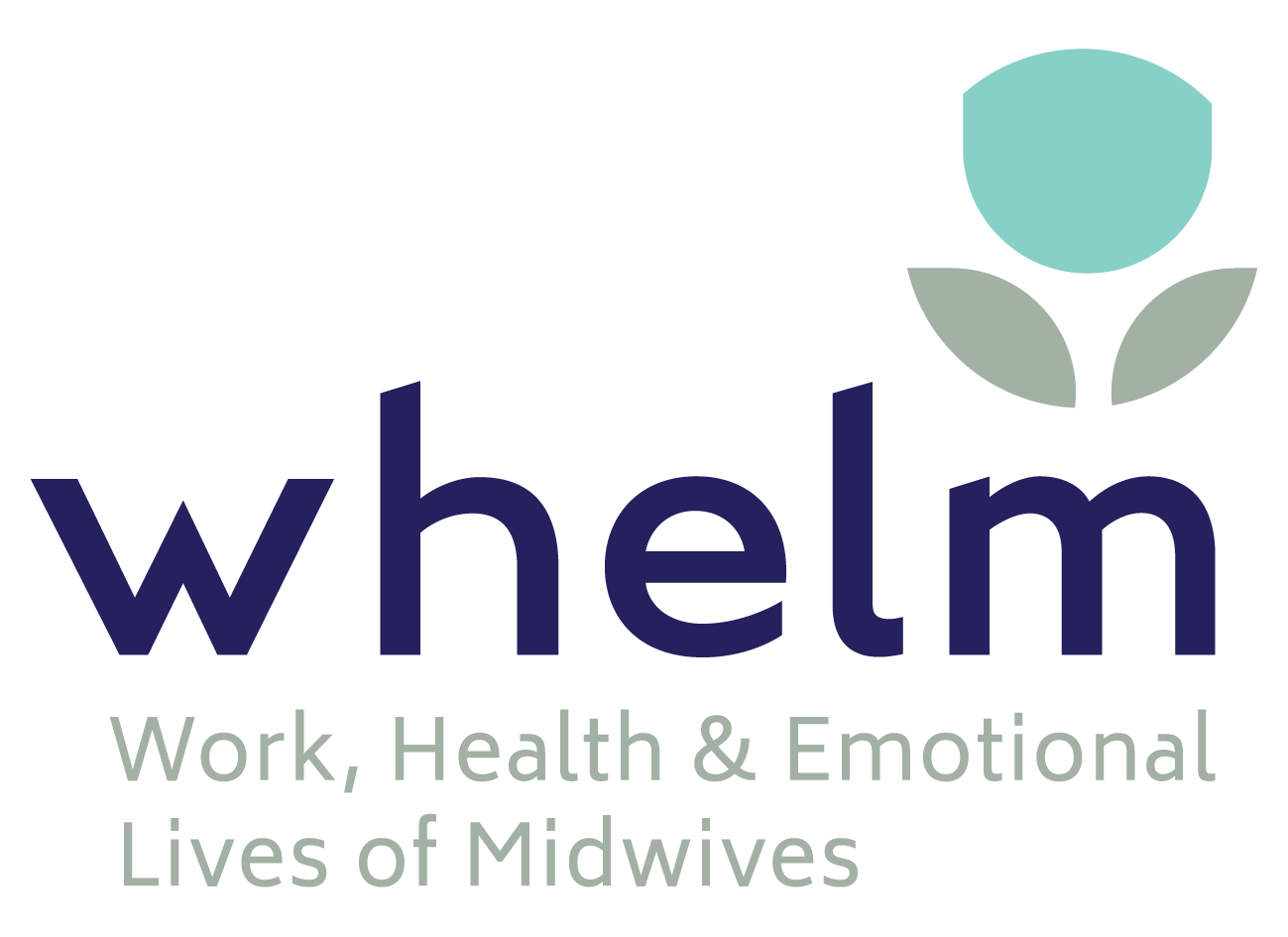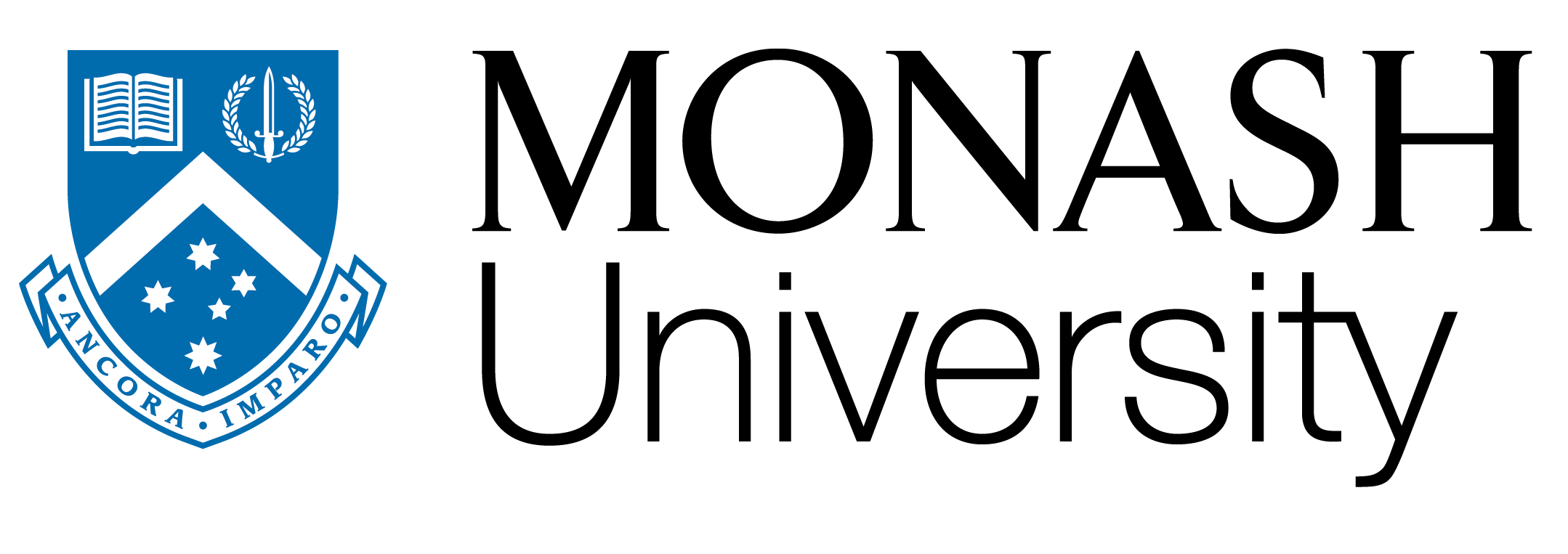
“Midwives have an important role to play in addressing domestic and family violence.”
I wear a range of hats that inform my perspective on Queensland’s domestic and family violence reform program. I have been a midwife for over two decades, and most days, you will find me working as an academic in the field of midwifery at Griffith University or as the Director of Midwifery and Nursing Education, for the Women Newborn & Children’s Services at the Gold Coast University Hospital. As a member of the Council and Deputy Chair of Queensland’s Domestic and Family Violence Death Review and Advisory Board, I have been particularly interested in reforms directed at comprehensive and integrated services with a special interest in the role of midwives and the health services to identify, empower and effectively support those experiencing domestic and family violence to escape violence and safely rebuild their lives.
These reforms include the integrated service response trials in Beenleigh, Mount Isa and Cherbourg that aim to ensure the safety of victims and manage the risk posed by perpetrators through a collaborative multiagency process. Fundamentally, this approach is about breaking down the silos which have so often been identified as a barrier to protecting victims of domestic violence. But identifying those experiencing domestic and family violence is the first critical step in engaging the service responses necessary to help them to safety. As a midwife, I have long been passionate about improving the health response to domestic and family violence and advocated for routine screening by midwives. The trusting relationship women form with their midwives throughout pregnancy, labour and after her child is born makes midwives ideally placed to enquire about the nature of a woman’s relationship, her sense of safety and available support and to provide appropriate support and referrals if domestic violence is disclosed.
Hospitals are often the first point contact for those experiencing domestic and family violence and are uniquely placed to identify victims and survivors and then offer appropriate support and referrals. In October this year, I was incredibly proud that the Council had the opportunity to see firsthand the response we have developed at the Gold Coast University Hospital. We have worked hard to embed a culture that domestic and family violence is everyone’s business and all hospital staff have a role in identifying and supporting victims and perpetrators of domestic and family violence whether they are pregnant women, patients, children or fellow staff members. Gold Coast Health was the first public health service in Queensland to appoint a specialist and dedicated Domestic and Family Violence Coordinator. The Coordinator ensures that all hospital staff understand their roles, and that our frontline health workers are well trained and supported to sensitively ask the right questions to identify potential domestic and family violence victims, and then to open pathways towards assistance for them.
Experienced social workers work across the health services’ emergency and maternity departments and with the Homeless Health Outreach Team. The Emergency Department is supported by an in-house forensic unit, an active elder abuse support worker, improved platforms for information sharing and a multidisciplinary team to support patients affected by domestic and family violence. Midwives are trained to not only ask the right questions, but to look out for particular signs of domestic and family violence, and to respond and refer accordingly. A partnership with the Women’s Legal Service Queensland has made free and confidential onsite legal services available for women experiencing domestic and family violence who present to the hospital.
It took a great deal of hard work by many dedicated people, supported by strong commitment from our health service executive and managers and a broader integrated service network across the Gold Coast, to deliver a responsive, compassionate and integrated support system for patients and staff affected by domestic and family violence. The hospital continues to refine its systems and processes, but I hope that our experience will encourage and support other health services to develop integrated services that focus on the safety of those experiencing domestic and family violence.
Access the November 2019 Full Council Report here







